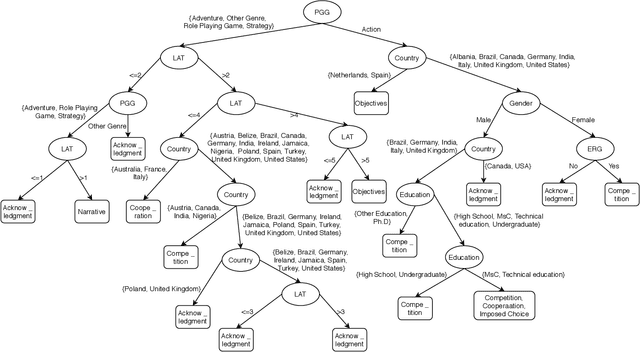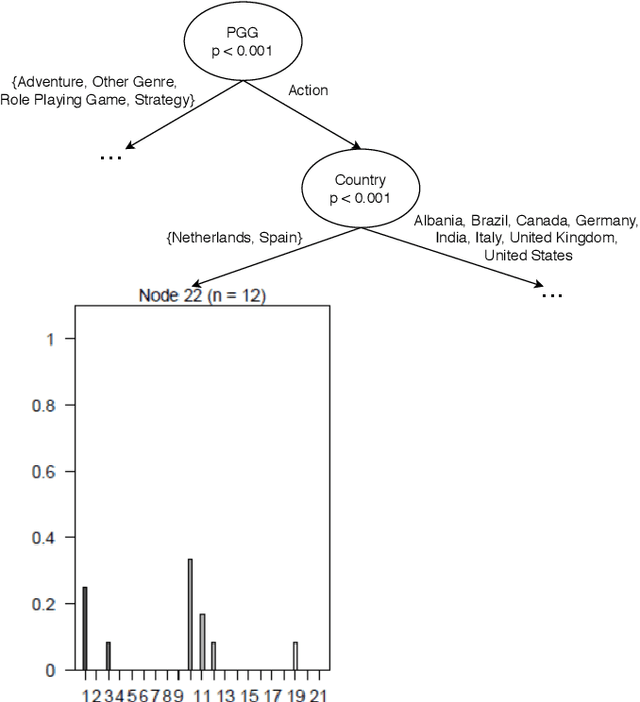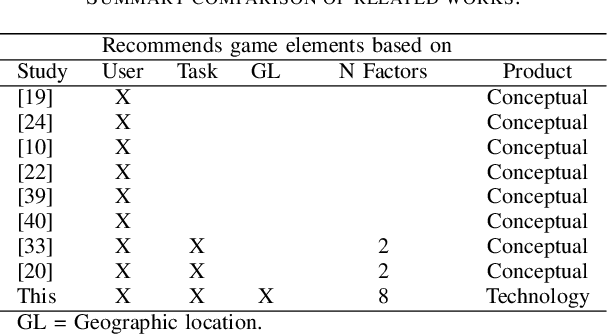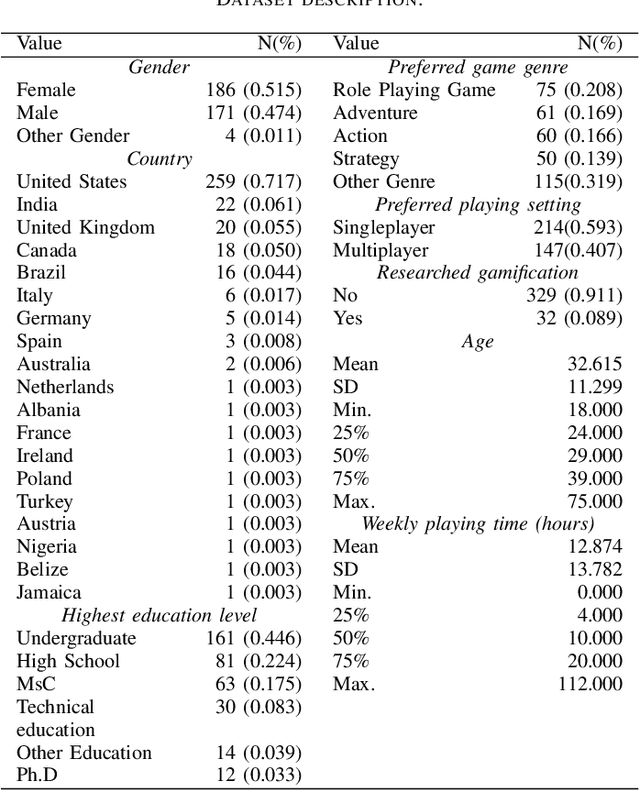Julita Vassileva
Navigating AI to Unpack Youth Privacy Concerns: An In-Depth Exploration and Systematic Review
Dec 20, 2024

Abstract:This systematic literature review investigates perceptions, concerns, and expectations of young digital citizens regarding privacy in artificial intelligence (AI) systems, focusing on social media platforms, educational technology, gaming systems, and recommendation algorithms. Using a rigorous methodology, the review started with 2,000 papers, narrowed down to 552 after initial screening, and finally refined to 108 for detailed analysis. Data extraction focused on privacy concerns, data-sharing practices, the balance between privacy and utility, trust factors in AI, transparency expectations, and strategies to enhance user control over personal data. Findings reveal significant privacy concerns among young users, including a perceived lack of control over personal information, potential misuse of data by AI, and fears of data breaches and unauthorized access. These issues are worsened by unclear data collection practices and insufficient transparency in AI applications. The intention to share data is closely associated with perceived benefits and data protection assurances. The study also highlights the role of parental mediation and the need for comprehensive education on data privacy. Balancing privacy and utility in AI applications is crucial, as young digital citizens value personalized services but remain wary of privacy risks. Trust in AI is significantly influenced by transparency, reliability, predictable behavior, and clear communication about data usage. Strategies to improve user control over personal data include access to and correction of data, clear consent mechanisms, and robust data protection assurances. The review identifies research gaps and suggests future directions, such as longitudinal studies, multicultural comparisons, and the development of ethical AI frameworks.
Machine Learning Approach for Predicting Students Academic Performance and Study Strategies based on their Motivation
Oct 15, 2022



Abstract:This research aims to develop machine learning models for students academic performance and study strategies prediction which could be generalized to all courses in higher education. Key learning attributes (intrinsic, extrinsic, autonomy, relatedness, competence, and self-esteem) essential for students learning process were used in building the models. Determining the broad effect of these attributes on students' academic performance and study strategy is the center of our interest. To investigate this, we used Scikit-learn in python to build five machine learning models (Decision Tree, K-Nearest Neighbour, Random Forest, Linear/Logistic Regression, and Support Vector Machine) for both regression and classification tasks to perform our analysis. The models were trained, evaluated, and tested for accuracy using 924 university dentistry students' data collected by Chilean authors through quantitative research design. A comparative analysis of the models revealed that the tree-based models such as the random forest (with prediction accuracy of 94.9%) and decision tree show the best results compared to the linear, support vector, and k-nearest neighbours. The models built in this research can be used in predicting student performance and study strategy so that appropriate interventions could be implemented to improve student learning progress. Thus, incorporating strategies that could improve diverse student learning attributes in the design of online educational systems may increase the likelihood of students continuing with their learning tasks as required. Moreover, the results show that the attributes could be modelled together and used to adapt/personalize the learning process.
Automating Gamification Personalization: To the User and Beyond
Jan 14, 2021



Abstract:Personalized gamification explores knowledge about the users to tailor gamification designs to improve one-size-fits-all gamification. The tailoring process should simultaneously consider user and contextual characteristics (e.g., activity to be done and geographic location), which leads to several occasions to tailor. Consequently, tools for automating gamification personalization are needed. The problems that emerge are that which of those characteristics are relevant and how to do such tailoring are open questions, and that the required automating tools are lacking. We tackled these problems in two steps. First, we conducted an exploratory study, collecting participants' opinions on the game elements they consider the most useful for different learning activity types (LAT) via survey. Then, we modeled opinions through conditional decision trees to address the aforementioned tailoring process. Second, as a product from the first step, we implemented a recommender system that suggests personalized gamification designs (which game elements to use), addressing the problem of automating gamification personalization. Our findings i) present empirical evidence that LAT, geographic locations, and other user characteristics affect users' preferences, ii) enable defining gamification designs tailored to user and contextual features simultaneously, and iii) provide technological aid for those interested in designing personalized gamification. The main implications are that demographics, game-related characteristics, geographic location, and LAT to be done, as well as the interaction between different kinds of information (user and contextual characteristics), should be considered in defining gamification designs and that personalizing gamification designs can be improved with aid from our recommender system.
 Add to Chrome
Add to Chrome Add to Firefox
Add to Firefox Add to Edge
Add to Edge